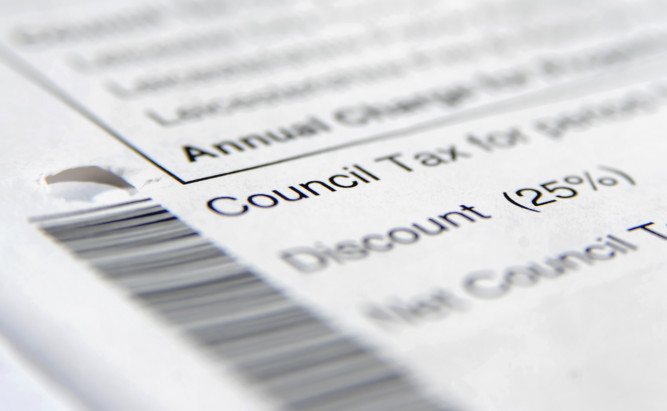Angus Council is planning to stop taking payments over the counter so it can make job cuts at its ACCESS offices.
Under the plans people will no longer be able to pay for their rent, council tax or other council services in person at its offices.
The council wants people to pay regular charges using direct debit or, if this is not feasible, through their website or phone service. If people need to pay by cash or cheque, the council is looking into making this available at post offices and shops.
However, using a third party to carry out payments will carry a transaction fee of between 20p and 50p, which would be borne by customers, not the council, under the proposals.
Around 80% of business at ACCESS offices are payments of some kind. Last year 192,800 payments were processed at the offices. If the council stops accepting payments it thinks around six full-time equivalent jobs would no longer be required.
The planned change in payment arrangements comes as the council continues to come under increased budget pressures.
Ahead of Thursday’s meeting of Angus Council, when the move will be discussed, leader Iain Gaul said the budget had “never been more pushed”.
“The collection of regular cash payments through local offices is one of the most expensive methods,” he said.
“A number of councils have already stopped taking such payments and like them we cannot afford to ignore the more cost-effective options available.
“By taking cash payments out of council offices we can save money in cash collection, security and property costs.
“By putting payment facilities in local post offices or other premises we will improve our service for customers in terms of more premises and longer opening hours. It will also help to sustain some local businesses.”
Around 89% of the payments taken at ACCESS offices are for council tax and rent.
If the changes are approved, council officers will bring another report back to council confirming the timescale and the alternative payment arrangements.
The council is planning to close its ACCESS offices next year and integrate its services into burgh libraries.
This will be done under the new Angus Alive charitable trust set-up.
Staff members who are no longer needed to process payments might be redeployed within the trust although redundancies have not been ruled out.
Angus Alive, which comes into operation on December 1, will be commissioned to provide a specified range and quality of services on behalf of Angus Council but will operate as an autonomous body, managed by an independent board.
